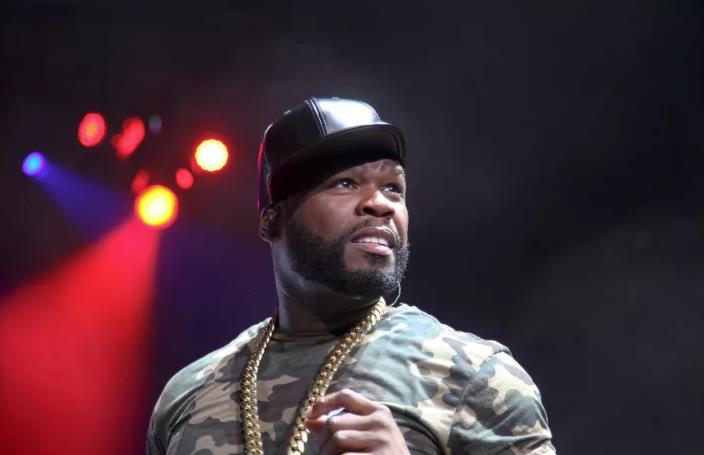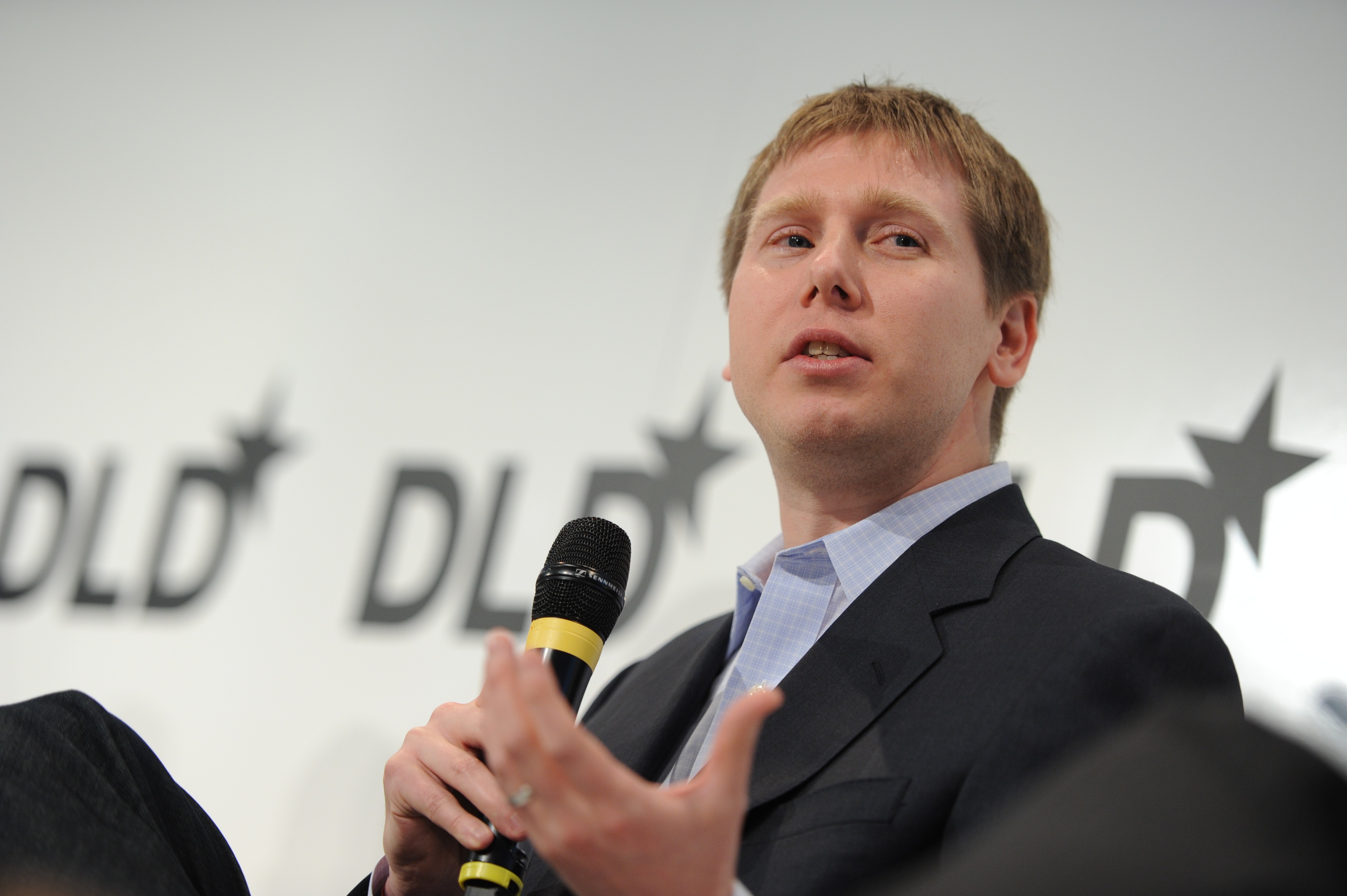Meet The 11 Billionaires Cashing In On Bitcoin's Wild Rise
The stock market has given investors good reason to grin this past year, but none are smiling wider than the holders of cryptocurrencies. The combined value of all digital coins is north of $1 trillion, up fourfold from $250 billion in January 2020. Given the surge, Forbes set out to calculate the fortunes of crypto’s wealthiest investors and entrepreneurs, counting not just the value of their digital money but also their stakes in related businesses and traditional assets. The result: a record 11 billionaires.
Brian Armstrong
Net worth: $6.5 billion
 His Coinbase is one of the most popular places to buy and sell crypto, processing about $3 billion in trades every day. Armstrong, 38, cofounded the exchange in 2012 after stints at Deloitte and Airbnb. It’s now the most valuable crypto business in America. Armstrong owns an estimated 20% of Coinbase, which in December filed confidentially to go public. Asked why he got into this business, the press-shy entrepreneur told Forbes: “I wanted the world to have a global, open financial system that drove innovation and freedom.”
His Coinbase is one of the most popular places to buy and sell crypto, processing about $3 billion in trades every day. Armstrong, 38, cofounded the exchange in 2012 after stints at Deloitte and Airbnb. It’s now the most valuable crypto business in America. Armstrong owns an estimated 20% of Coinbase, which in December filed confidentially to go public. Asked why he got into this business, the press-shy entrepreneur told Forbes: “I wanted the world to have a global, open financial system that drove innovation and freedom.”
Sam Bankman-Fried
Net worth: $4.5 billion

At just 28 years old, Bankman-Fried manages $2.5 billion of assets through Alameda Research, the quantitative crypto trading firm he founded in 2017. An MIT grad and former Wall Street ETF trader, he also launched FTX, a crypto derivatives exchange, in 2019. The vast majority of his wealth is in FTX’s equity and tokens (FTT).
Chris Larsen
Net worth: $2.9 billion

A serial entrepreneur, Larsen, 60, cofounded online lender Eloan in 1997 and, eight years later, peer-to-peer lender Prosper. This third bet has been the most valuable—and controversial: He cofounded Ripple with Jed McCaleb in 2012 to facilitate international payments for banks through blockchain technology and a token called XRP. In January 2018, the cryptocurrency bubble briefly pushed his fortune over $17 billion. However, XRP crashed with the rest of the market when the bubble burst later that year. Larsen was named a defendant in a December 2020 lawsuit brought by the Securities and Exchange Commission alleging that Ripple sold XRP to the public in an unregistered securities offering. “The SEC is completely wrong on the facts and law,” Ripple said in a statement.
Michael Saylor
Net worth: $2 billion

The CEO of software firm MicroStrategy, he was one of the best-known executives of the Internet bubble—even making People magazine’s list of Most Eligible Bachelors. But questionable accounting led to a restatement of financial results, and the dot-com bust crashed his stock. Two big moves land him on this list: In December 2020, MicroStrategy announced that it used its cash and borrowed $650 million to buy 70,784 Bitcoins for $1.1 billion (now worth $2.5 billion), helping drive shares up more than 300%. Plus, Saylor says he personally snagged 17,732 Bitcoins for about $175 million (now worth about $650 million).
Changpeng Zhao (“CZ”)
Net worth: $1.9 billion

The former software developer sold his house in Shanghai in 2014 to go all in on Bitcoin. He launched Binance in the summer of 2017, and in under a year it became the most popular place to trade crypto. It has since launched business lines ranging from a venture capital fund and a Bitcoin mining operation to a debit card that lets you spend your crypto in Europe. The son of a professor who was temporarily exiled from China, he flipped burgers at McDonald’s and worked overnight shifts at a gas station to help cover household expenses.
Tyler and Cameron Winklevoss
Net worth: $1.6 billion each
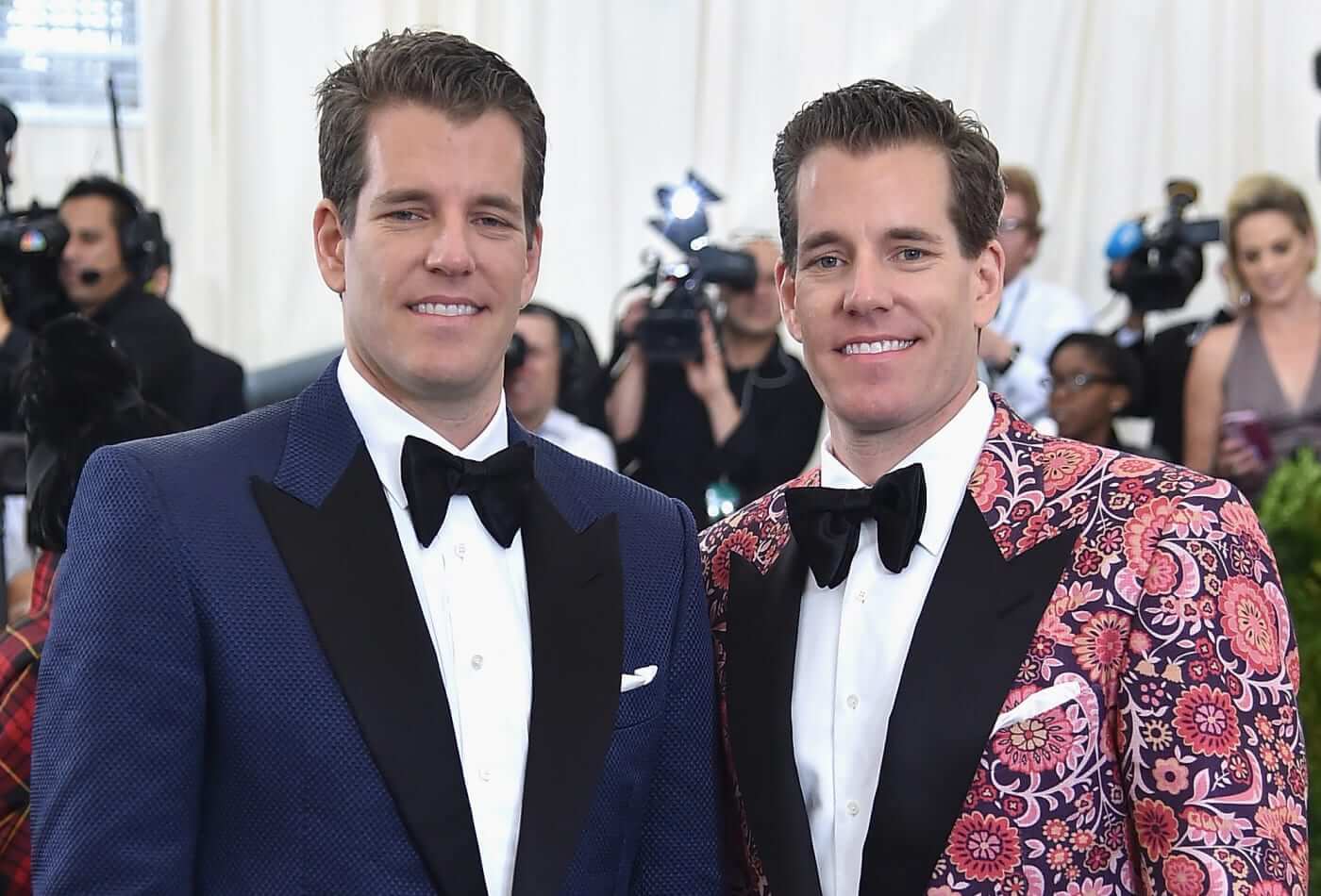
Olympic rowers best known for accusing fellow Harvard student Mark Zuckerberg of stealing their idea for a social network, the twins used some of their 2012 $65 million legal settlement with the Facebook CEO to start stockpiling Bitcoin. They still own an estimated 70,000 Bitcoins, in addition to other digital assets. In 2014, they cofounded crypto exchange Gemini; today it processes about $200 million a day in trades.
Barry Silbert
Net worth: $1.5 billion
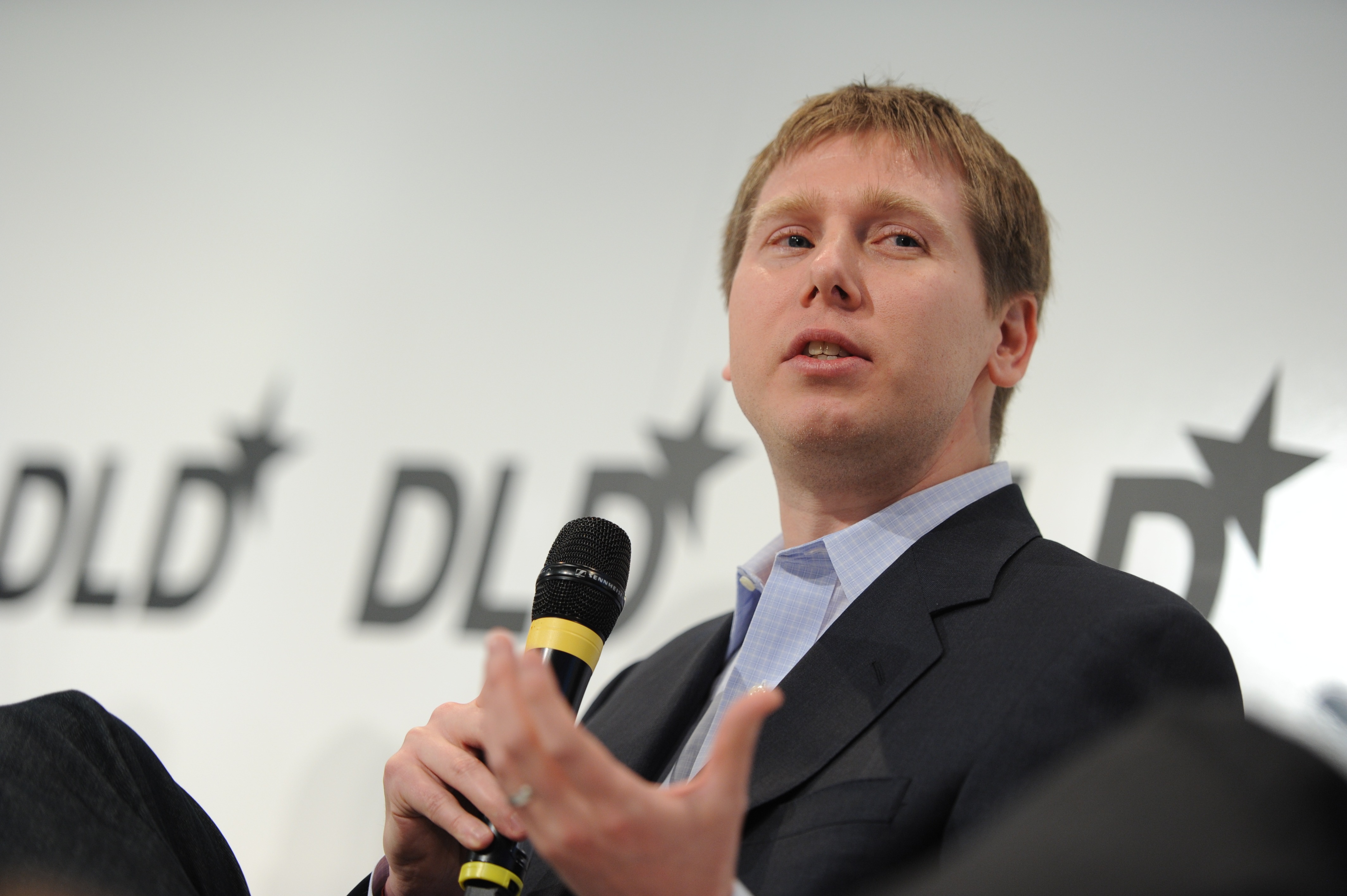
After selling startup stock trading platform Second-Market to Nasdaq in 2015, the Emory University grad launched Digital Currency Group, a conglomerate of five companies. Its biggest revenue generator: digital asset manager Grayscale, which oversees $28 billion worth of Bitcoin, Ether and other assets. Capitalizing on a classic first-mover advantage, Grayscale was the first to win regulatory permission to sell securities backed by Bitcoin to institutional and accredited investors. That now generates an estimated $590 million in revenue annually.
Jed McCaleb
Net worth: $1.4 billion

An early pioneer, Mc-Caleb, 46, helped launch three crypto firms. In 2010 he created Mt. Gox, the first major Bitcoin exchange, which he sold a year later. In 2012 he cofounded Ripple, but soon left over reported disagreements with fellow founders. And in 2014 he cofounded Stellar, the $4.8 billion (asset value) Ripple competitor that aims to speed up cross-border payments. The bulk of McCaleb’s wealth comes from the estimated 3.4 billion XRP he still holds, from the original 9 billion XRP he pocketed as a Ripple founder. Before entering crypto, McCaleb was known for creating file-sharing service eDonkey2000, which settled a 2006 lawsuit from record companies over copyright infringement for $30 million.
Tim Draper
Net worth: $1.1 billion
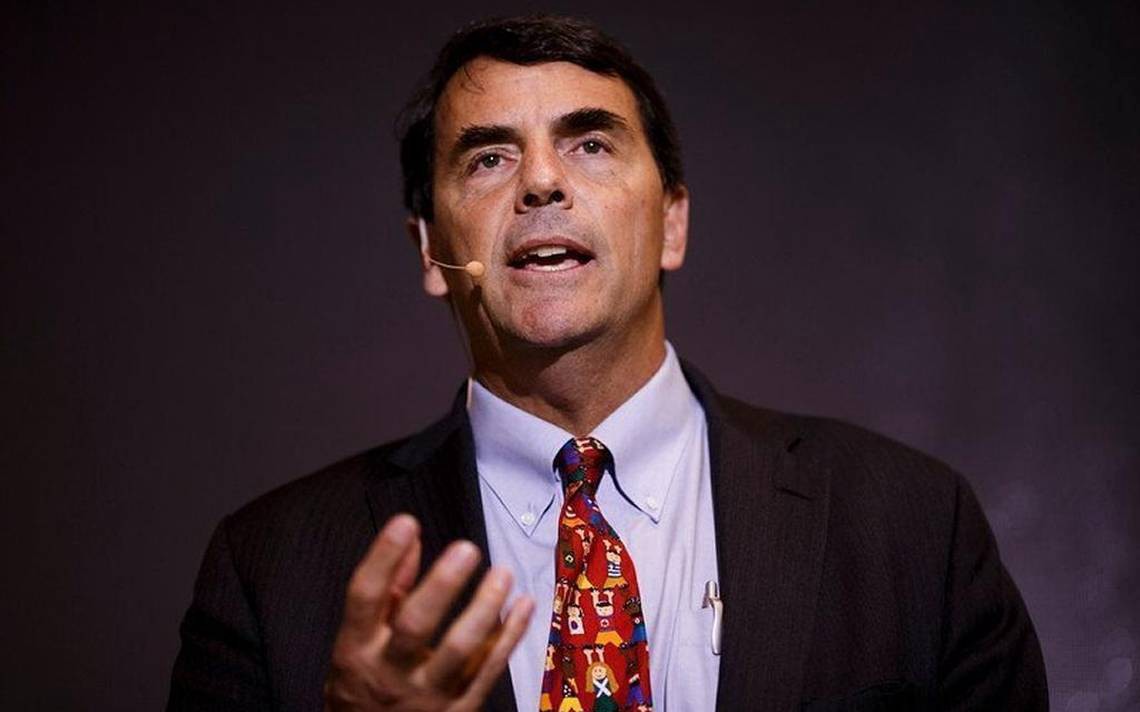
This scion of a Silicon Valley investing dynasty and founding partner of venture capital firm Draper Fisher Jurvetson has made hundreds of VC investments in companies including Tesla and Theranos. In 2014, he bought 29,656 Bitcoins that had been confiscated by U.S. Marshals from the shuttered Silk Road black market for $18.7 million (price: $632 per coin). They’re now worth $1.1 billion. “I bought a few more along the way, but not enough to pass the Winklevii,” he tells Forbes in an email, but otherwise won’t disclose details about his wealth: “I would rather not get the proctology exam.”
Matthew Roszak
Net worth: $1 billion

A longtime crypto evangelist, Roszak worked in venture capital and as an entrepreneur (he also settled insider trading charges in 2006) before amassing a crypto portfolio starting in 2012. Today his day job is cofounder and chairman of Bloq, a Chicago blockchain technology startup that consults on projects such as helping banks store digital assets securely. Roszak recently co-led an initiative to give each member of Congress $50 worth of digital assets; some accepted, but not all.











